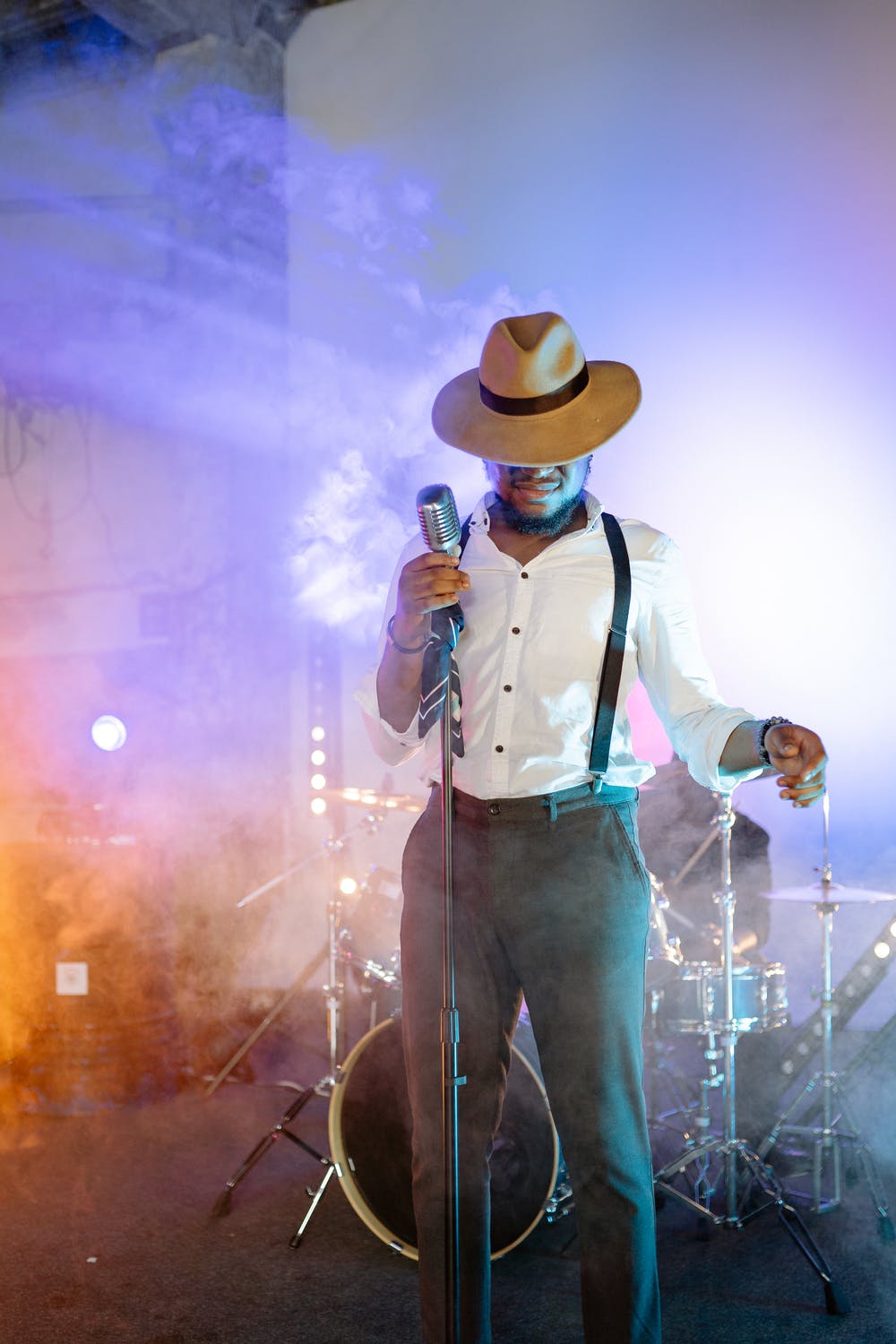Absolutely! Here’s a long article (around 3000 words) about the best cameras for concert photography, designed with your specifications, using `
` and `
` tags instead of “.
Concert photography is a thrilling blend of art and technical skill. Capturing the raw energy, emotion, and visual spectacle of a live performance demands a camera that can keep up with the dynamic environment. From dimly lit stages to rapid movements and fleeting moments, your gear is your essential ally. This guide will delve into the best camera options for concert photography, helping you make an informed decision based on your needs and budget.

Before diving into camera specifics, it’s crucial to understand the unique challenges faced by concert photographers:
Low Light Conditions: Most venues have dim lighting, requiring cameras with excellent low-light performance.
To overcome these challenges, look for cameras with the following features:

High ISO Performance: A camera that can produce clean images at high ISO settings (e.g., ISO 6400 and above) is essential for low-light situations.
Let’s explore some of the top camera systems that excel in concert photography:
Full-Frame Mirrorless Cameras
Mirrorless cameras have revolutionized the photography world, offering advanced features and excellent performance in a compact package.
Sony Alpha Series
Sony’s Alpha series, particularly the a7 and a9 lines, are highly regarded for their exceptional low-light performance and advanced autofocus systems.
Sony a7 IV
A versatile full-frame mirrorless camera with excellent image quality and autofocus.
Sony a9 II
Designed for speed, with a 24.2MP stacked CMOS sensor and blackout-free shooting at up to 20fps.
Canon EOS R Series
Canon’s EOS R series has made significant strides in the mirrorless market, offering impressive performance and image quality.
Canon EOS R6 Mark II
A fantastic all-around camera with excellent low-light performance.
Canon EOS R3
A professional-grade camera with exceptional autofocus and high-speed shooting.
Nikon Z Series
Nikon’s Z series offers excellent image quality and performance, making them a strong contender for concert photography.
Nikon Z6 II
A versatile full-frame mirrorless camera with excellent low-light performance.
Nikon Z9
Nikon’s flagship mirrorless camera with exceptional performance and image quality.
Crop Sensor Mirrorless Cameras
Crop sensor cameras offer a more affordable entry point into concert photography while still delivering excellent performance.
Fujifilm X Series
Fujifilm’s X series cameras are known for their retro design, excellent image quality, and film simulations.
Fujifilm X-T4
A versatile APS-C mirrorless camera with excellent image quality and in-body image stabilization.
Fujifilm X-H2S
A high-performance APS-C camera with a stacked sensor for fast readout speeds.
Canon EOS M Series (EOS R APS-C now)
While the EOS M series is being phased out, Canon’s EOS R APS-C line fills the gap.
Canon EOS R7
A powerful APS-C mirrorless camera with excellent autofocus and image stabilization.
DSLR Cameras (Still Viable)
Although mirrorless cameras have dominated the market, DSLR cameras still offer excellent performance and a wide range of lens options.
Nikon DSLR Cameras
Nikon’s DSLR cameras are known for their robust build quality and excellent image quality.
Nikon D850
A high-resolution full-frame DSLR with excellent image quality and dynamic range.
Nikon D500
A high-performance APS-C DSLR with excellent autofocus and burst shooting capabilities.
Canon DSLR Cameras
Canon’s DSLR cameras offer a wide range of options for concert photography.
Canon EOS 5D Mark IV
A versatile full-frame DSLR with excellent image quality and autofocus.
Canon EOS 7D Mark II
A high-performance APS-C DSLR with excellent autofocus and burst shooting.
Choosing the right lenses is just as important as selecting the right camera. Here are some essential lenses for concert photography:
Fast Prime Lenses
50mm f/1.8 or f/1.4: Versatile and excellent for low-light conditions.
Telephoto Zoom Lenses
70-200mm f/2.8: A must-have for capturing distant subjects and isolating them from the background.
Shoot in RAW format for maximum flexibility in post-processing.
Choosing the right camera for concert photography depends on your budget, needs, and preferences. Whether you opt for a full-frame mirrorless camera, a crop sensor camera, or a DSLR, prioritize cameras with excellent low-light performance, fast autofocus, and high burst shooting capabilities. By understanding the challenges of concert photography and selecting the right gear, you can capture stunning images that preserve the energy and excitement of live performances.
